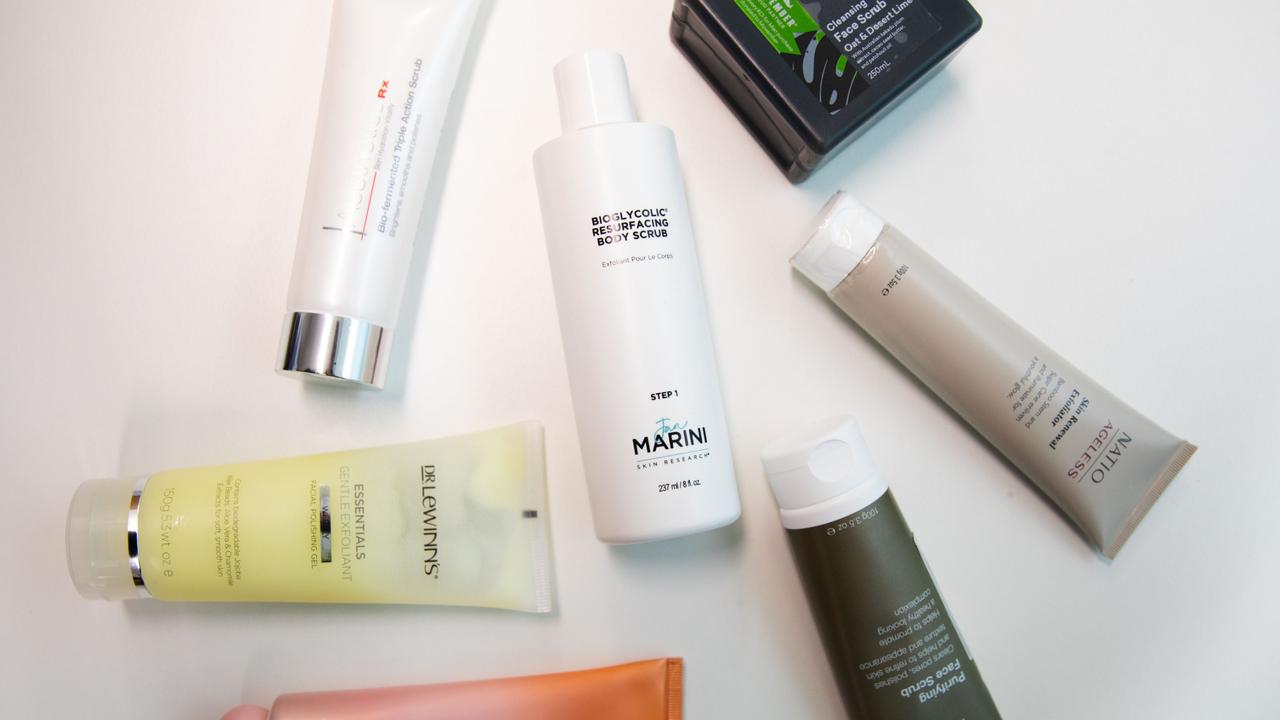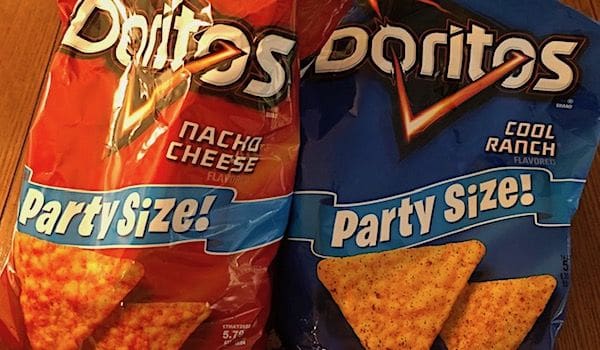Copyright news

Once common in cosmetic and personal care products, plastic microbeads have been banned in wash-off products in the state for the past three years due to their impact on the environment. They are also banned in Queensland, Western Australia and the ACT. On Monday, the NSW Environmental Protection Authority revealed Natio, Coles Group, Aesthetics Skincare, Frostbland, McPherson’s Consumer Products and JMSR Australia had been issued compliance notices to withdraw nine different items from stores since April 2024. These products included the Aesthetics Bio Fermented Triple Action Scrub, Alya Skin Pomegranate Exfoliator Facial Scrub, Jan Marini Cranberry Orange Exfoliator and Dr LeWinn’s Essentials Gentle Exfoliant Weekly Facial Polishing Gel/ The EPA alleged these products, sold as skin scrubs or exfoliators, contained microbeads that cannot be captured by wastewater treatment systems and end up contaminating waterways. EPA chief executive Tony Chappel said the microbeads come at a “significant environmental cost” but noted the companies had acted quickly to pull stocks. “Microbeads don’t belong in skincare or our waterways – they can threaten marine life and people’s health,” he said. “In several cases, the particles were made of bioplastics such as polylactic acid (PLA) and cellulose acetate. Although these ingredients aren’t derived from fossil fuels, they don’t readily break down in the environment and are still defined as plastic.” Mr Price said more investigations were currently underway, but the EPA was working with major retailers to target products affected by the ban. “These actions show our legislation is working to protect the environment and hold suppliers accountable for what they sell,” he said. In 2016, the Federal Government launched a voluntary industry-wide phase out of plastic microbeads, with an assessment four years later finding 99.3 per cent of products examined were microbead-free. Under NSW law, a failure to comply with a compliance notice to stop supplying an item carries a maximum penalty of $550,000.



